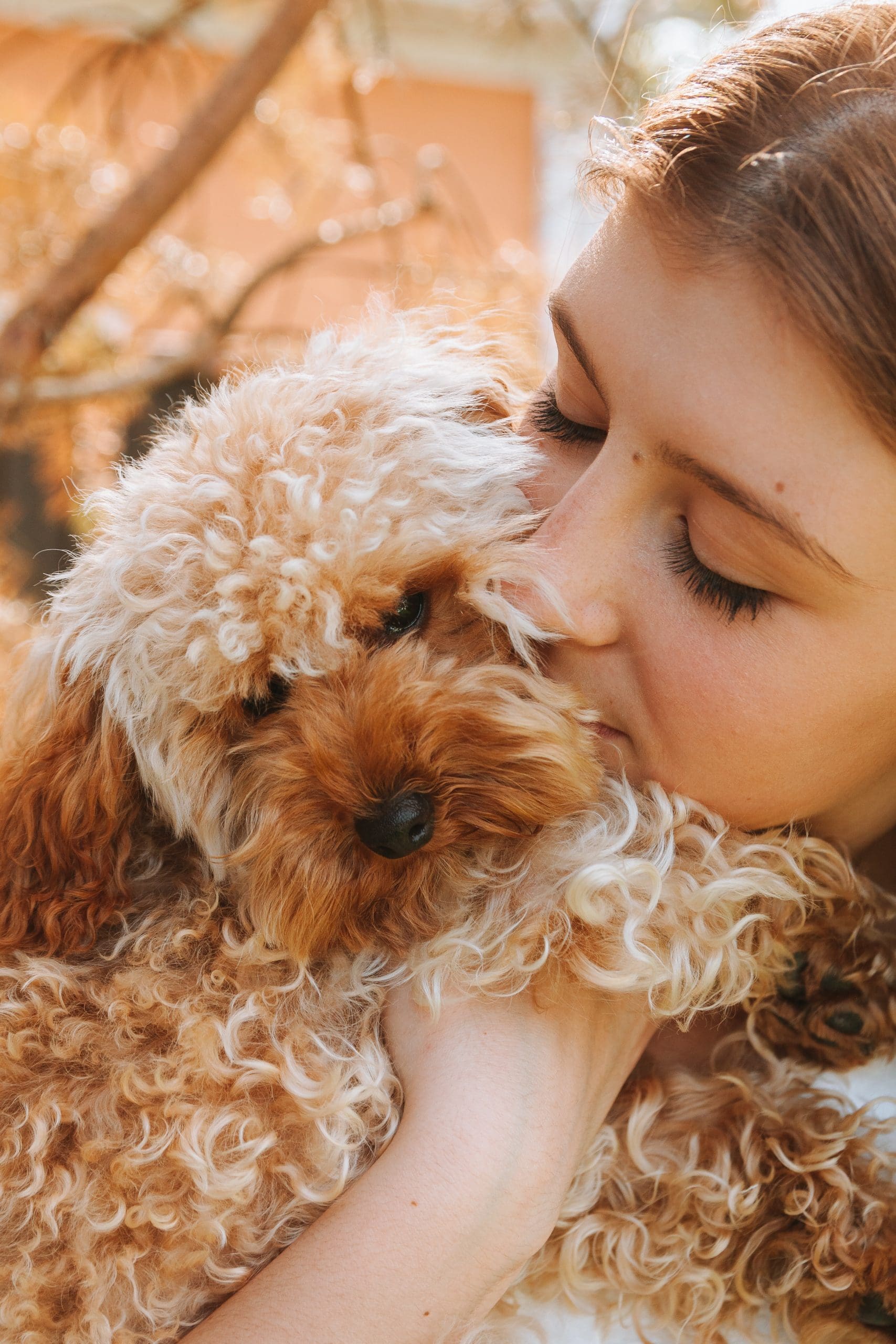As a dog owner, witnessing your furry friend lick the carpet can be puzzling. This behavior, while quirky, can raise concerns when the reasons behind it remain unclear. Various factors contribute to this habit, with some being benign and others potentially indicating underlying issues that may need attention.
Exploring Through Senses
Dogs experience the world primarily through their senses, particularly smell and taste. Their sense of smell is far superior to ours, allowing them to detect scents that often elude human noses. Carpets can trap a range of odors, including food remnants, dirt, and even the scent of other animals. When dogs lick the carpet, they may be investigating these fascinating smells. This instinctive behavior allows them to gather information about their environment.
Boredom and Lack of Stimulation
Boredom is another common reason for carpet licking. Dogs require mental engagement just as much as physical exercise. When left alone for extended periods or deprived of stimulating activities, they may resort to licking the carpet as a form of entertainment. This behavior can develop into a habit if not addressed. Providing a variety of toys, puzzles, and interactive play can help alleviate boredom and redirect their focus.
Stress and Anxiety Triggers
Stress and anxiety can also manifest in carpet licking. Dogs are sensitive to changes in their surroundings or routines, which can create unease. New family members, moving to a new home, or loud noises like thunderstorms can trigger this behavior. Licking the carpet can serve as a coping mechanism, offering comfort much like how some humans may pace or bite their nails under stress. Identifying the sources of anxiety can help create a more soothing environment for your dog.
Potential Medical Issues
Excessive carpet licking may signal medical problems. Conditions such as allergies, gastrointestinal issues, or dental pain could contribute to this behavior. For instance, a dog experiencing nausea might lick surfaces to alleviate discomfort. If you observe increased licking alongside other symptoms like vomiting, diarrhea, or changes in appetite, consulting a veterinarian is essential.
Texture Enjoyment
Some dogs may simply find the texture of the carpet enjoyable. The softness of the fibers can provide a pleasurable sensation against their tongue, particularly in curious puppies. However, if this licking becomes excessive or obsessive, it may require further examination.
Redirecting Licking Behavior
To manage carpet licking, offer plenty of toys and activities to keep your dog engaged. Regular playtime can reduce boredom and the likelihood of licking. Interactive toys that dispense treats can also provide mental stimulation and divert attention from the carpet.
Establishing a routine can benefit dogs, especially those prone to anxiety. Predictable schedules for feeding, walks, and playtime can foster a sense of security. If licking is linked to stress, creating a safe space for your dog to retreat can help. This area should be quiet and cozy, equipped with their bed and favorite toys.
If medical concerns arise, seeking veterinary advice is crucial. A veterinarian can help identify any underlying health issues contributing to the behavior, recommending tests or treatments tailored to your dog’s needs. Addressing health problems promptly can lead to improved behavior and overall well-being.
Training techniques can assist in managing unwanted licking. Teaching commands such as “leave it” or “no” can redirect their focus away from the carpet. Positive reinforcement, such as rewarding them for obeying commands, can effectively modify behavior. Consistency in training is essential, so patience is key.
In some instances, consulting a professional dog trainer or behaviorist may provide valuable insights. These experts can offer tailored strategies to address your dog’s specific licking behavior and help implement effective training plans.
Supporting Your Dog’s Well-Being
Understanding the reasons behind your dog’s carpet licking is vital for addressing the behavior. By recognizing the various triggers—whether environmental, emotional, or medical—you can take informed actions to support your dog’s health and happiness. Each dog is unique, and observing their behavior closely can help in identifying the specific reasons for licking.
Creating a loving and stimulating environment plays a significant role in preventing excessive carpet licking. Dogs thrive on interaction, exercise, and mental challenges. By ensuring your dog has a fulfilling life filled with activities, you can minimize undesirable behaviors and strengthen your bond. If your dog occasionally licks the carpet, it might not warrant concern. However, if it becomes a frequent habit, further investigation is needed. Being proactive in understanding your dog’s needs fosters a happier and healthier relationship, ensuring your furry friend receives the care they deserve.

